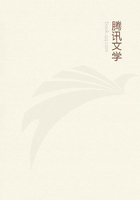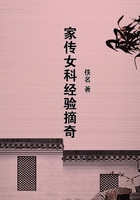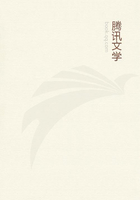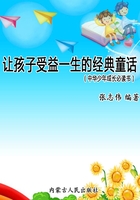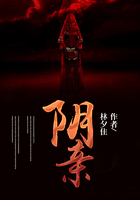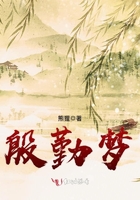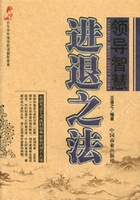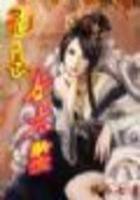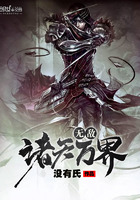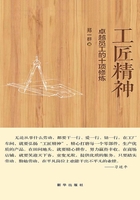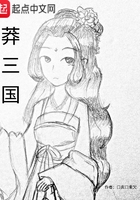With Scribner's Magazine now in the periodical field, Bok would be asked on his trips to the publishing houses to have an eye open for advertisements for that periodical as well.Hence his education in the solicitation of advertisements became general, and gave him a sympathetic understanding of the problems of the advertising solicitor which was to stand him in good stead when, in his later experience, he was called upon to view the business problems of a magazine from the editor's position.His knowledge of the manufacture of the two magazines in his charge was likewise educative, as was the fascinating study of typography which always had, and has today, a wonderful attraction for him.
It was, however, in connection with the advertising of the general books of the house, and in his relations with their authors, that Bok found his greatest interest.It was for him to find the best manner in which to introduce to the public the books issued by the house, and the general study of the psychology of publicity which this called for attracted Bok greatly.
Bok was now asked to advertise a novel published by the Scribners which, when it was issued, and for years afterward, was pointed to as a proof of the notion that a famous name was all that was necessary to ensure the acceptance of a manuscript by even a leading publishing house.The facts in the case were that this manuscript was handed in one morning by a friend of the house with the remark that he submitted it at the suggestion of the author, who did not desire that his identity should be known until after the manuscript had been read and passed upon by the house.It was explained that the writer was not a famous author; in fact, he had never written anything before; this was his first book of any sort; he merely wanted to "try his wings." The manuscript was read in due time by the Scribner readers, and the mutual friend was advised that the house would be glad to publish the novel, and was ready to execute and send a contract to the author if the firm knew in whose name the agreement should be made.Then came the first intimation of the identity of the author: the friend wrote that if the publishers would look in the right-hand corner of the first page of the manuscript they would find there the author's name.Search finally revealed an asterisk.
The author of the novel (Valentino) was William Waldorf Astor.
Although the Scribners did not publish Mark Twain's books, the humorist was a frequent visitor to the retail store, and occasionally he would wander back to the publishing department located at the rear of the store, which was then at 743 Broadway.
Smoking was not permitted in the Scribner offices, and, of course, Mark Twain was always smoking.He generally smoked a granulated tobacco which he kept in a long check bag made of silk and rubber.When he sauntered to the back of the Scribner store, he would generally knock the residue from the bowl of the pipe, take out the stem, place it in his vest pocket, like a pencil, and drop the bowl into the bag containing the granulated tobacco.When he wanted to smoke again (which was usually five minutes later) he would fish out the bowl, now automatically filled with tobacco, insert the stem, and strike a light.One afternoon as he wandered into Bok's office, he was just putting his pipe away.The pipe, of the corncob variety, was very aged and black.Bok asked him whether it was the only pipe he had.
"Oh, no," Mark answered, "I have several.But they're all like this.Inever smoke a new corncob pipe.A new pipe irritates the throat.No corncob pipe is fit for anything until it has been used at least a fortnight.""How do you break in a pipe, then?" asked Bok.
"That's the trick," answered Mark Twain."I get a cheap man--a man who doesn't amount to much, anyhow: who would be as well, or better, dead--and pay him a dollar to break in the pipe for me.I get him to smoke the pipe for a couple of weeks, then put in a new stem, and continue operations as long as the pipe holds together."Bok's newspaper syndicate work had brought him into contact with Fanny Davenport, then at the zenith of her career as an actress.Miss Davenport, or Mrs.Melbourne McDowell as she was in private life, had never written for print; but Bok, seeing that she had something to say about her art and the ability to say it, induced her to write for the newspapers through his syndicate.The actress was overjoyed to have revealed to her a hitherto unsuspected gift; Bok published her articles successfully, and gave her a publicity that her press agent had never dreamed of.Miss Davenport became interested in the young publisher, and after watching the methods which he employed in successfully publishing her writings, decided to try to obtain his services as her assistant manager.She broached the subject, offered him a five years' contract for forty weeks' service, with a minimum of fifteen weeks each year to spend in or near New York, at a salary, for the first year, of three thousand dollars, increasing annually until the fifth year, when he was to receive sixty-four hundred dollars.
Bok was attracted to the work: he had never seen the United States, was anxious to do so, and looked upon the chance as a good opportunity.Miss Davenport had the contract made out, executed it, and then, in high glee, Bok took it home to show it to his mother.He had reckoned without question upon her approval, only to meet with an immediate and decided negative to the proposition as a whole, general and specific.She argued that the theatrical business was not for him; and she saw ahead and pointed out so strongly the mistake he was making that he sought Miss Davenport the next day and told her of his mother's stand.The actress suggested that she see the mother; she did, that day, and she came away from the interview a wiser if a sadder woman.Miss Davenport frankly told Bok that with such an instinctive objection as his mother seemed to have, he was right to follow her advice and the contract was not to be thought of.

